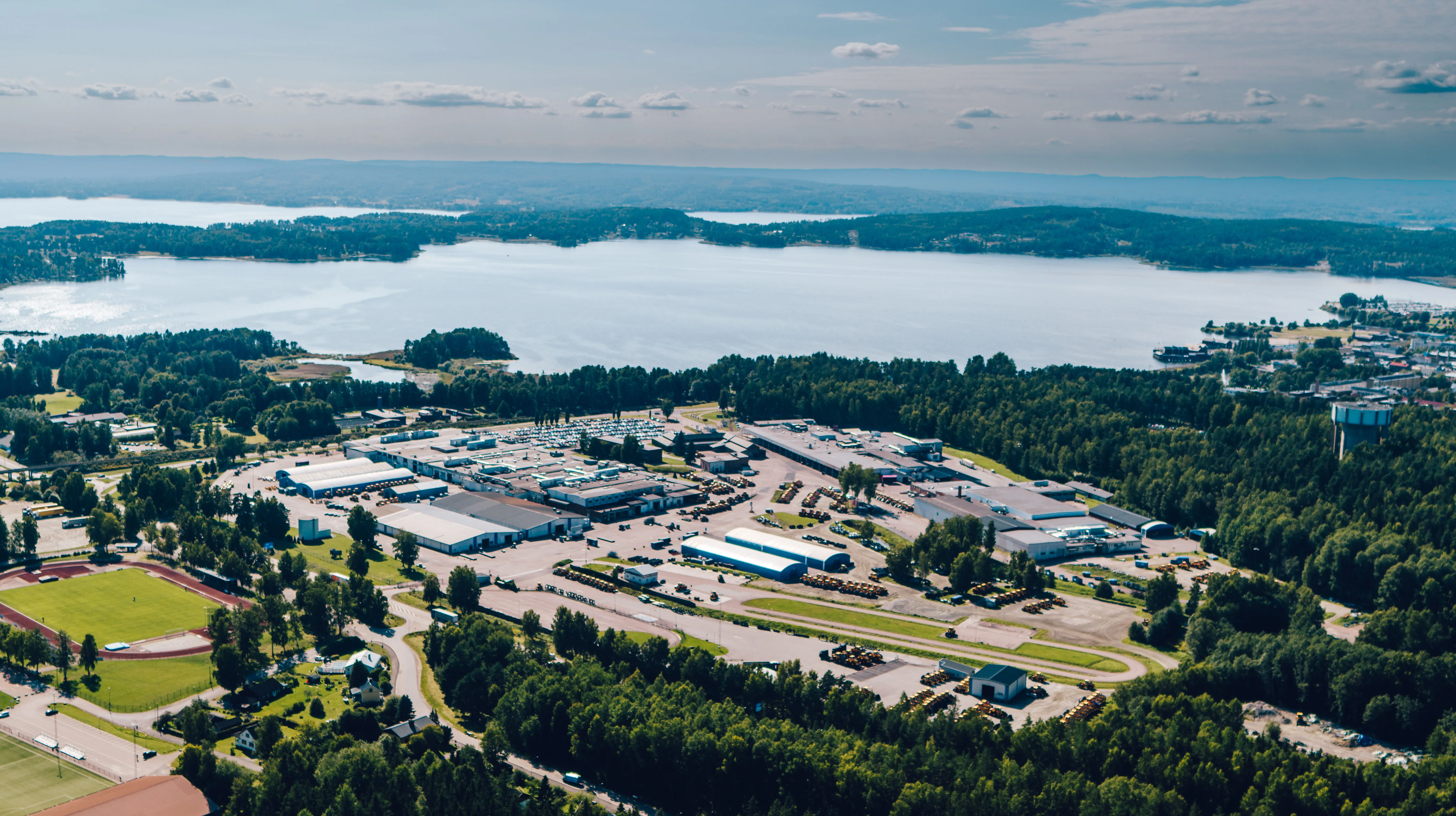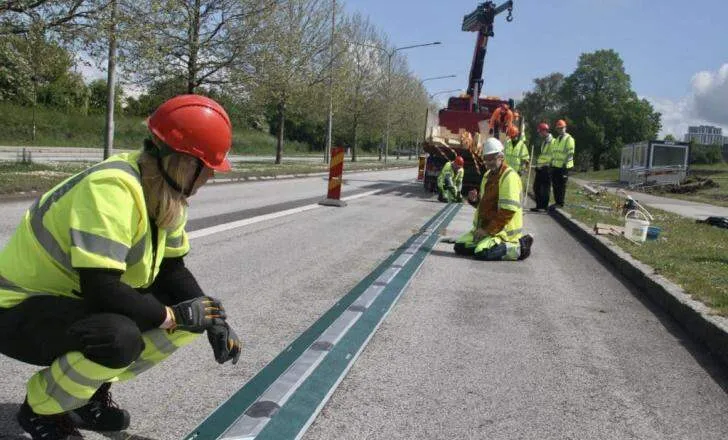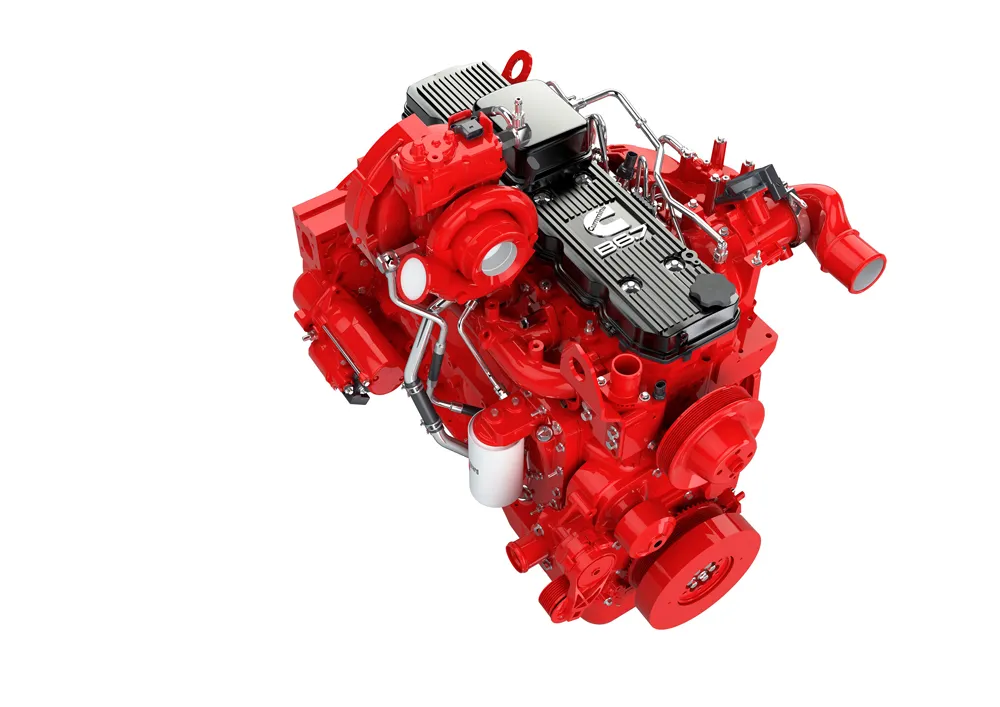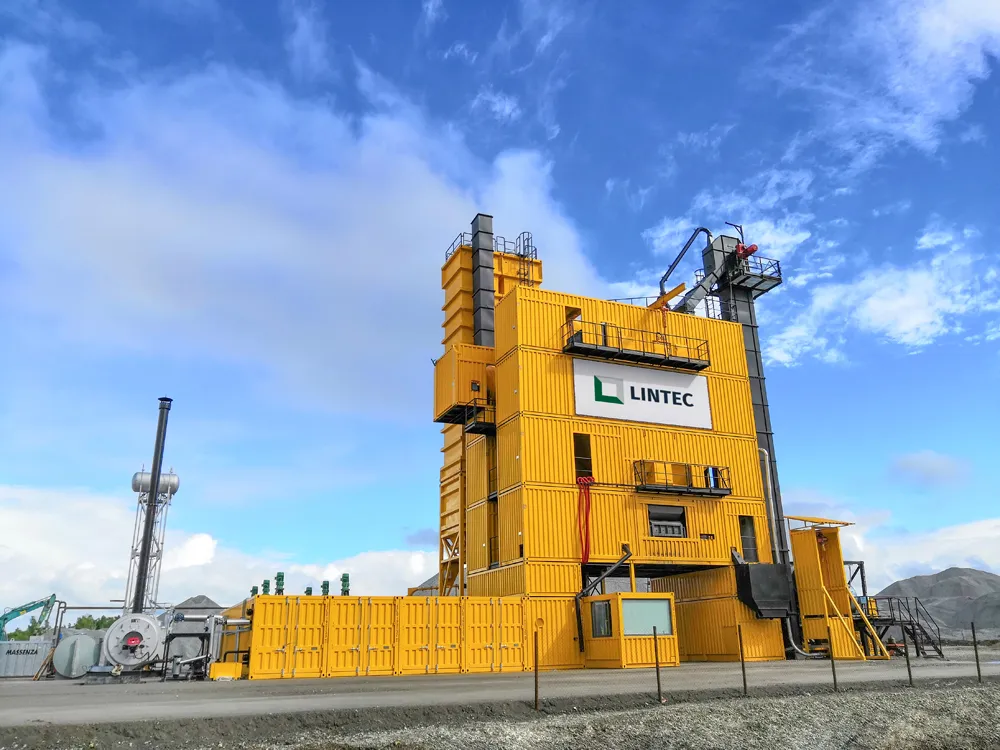
Volvo CE will upgrade its Arvika factory in Sweden which produces the firm’s medium and large wheeled loaders. The US$6.3 million investment from Volvo Group will allow for the phased production of electric wheel loaders.
A milestone in the company’s ambition to be entirely fossil free by 2040, the move will also go a long way to fulfilling Volvo CE’s aim for 35% of machines sold to be electric by 2030.
The Arvika factory will expand its facilities with the addition of a new building. Volvo CE aims to be fossil free by 2040, in line with the Paris Agreement and as laid out in the manufacturer’s industry leading Science-Based Target goals. It is also a pioneering step forward in its ambition for 35% of its machines sold to be electric by 2030.
This comes after an announcement to invest in electric haulers from the company’s production facility in Braås, Sweden. These announcements are part of an investment strategy that allows Volvo CE to advance electric solutions across its production facilities, including also the Konz facility in Germany, Belley in France and Changwon in South Korea, where other electric machines are made.
Volvo CE has already successfully introduced compact electric wheel loaders to the global market with the L20 Electric and L25 Electric wheel loaders proving to be efficient, zero-exhaust emission solutions capable of driving down carbon emissions while maintaining high productivity across a variety of customer applications. Together with the ECR25 Electric, ECR18 Electric and EC18 Electric compact excavators and the mid-size EC230 Electric excavator, Volvo CE has one of the largest electric ranges on the market.
Arvika will erect a new building, approximately 1,500m2, which will allow the facility to free up areas inside its assembly factory to be able to build electric wheel loaders. While it has not yet been announced which models will begin their electric transformation and exactly when, production of both electric wheel loaders and more traditional wheel loaders fitted with combustion engines will continue for now on the same production line.
Volvo CE will ensure a phased introduction model by model, taking into account all aspects of the electric ecosystem as it does so, including infrastructure requirements, charging solutions, battery handling and business models. The result will be reliable mid-size and larger electric wheel loaders that can easily be integrated into customers’ business.
Building work is set to begin later this year, with further announcements on when production will begin to come.








